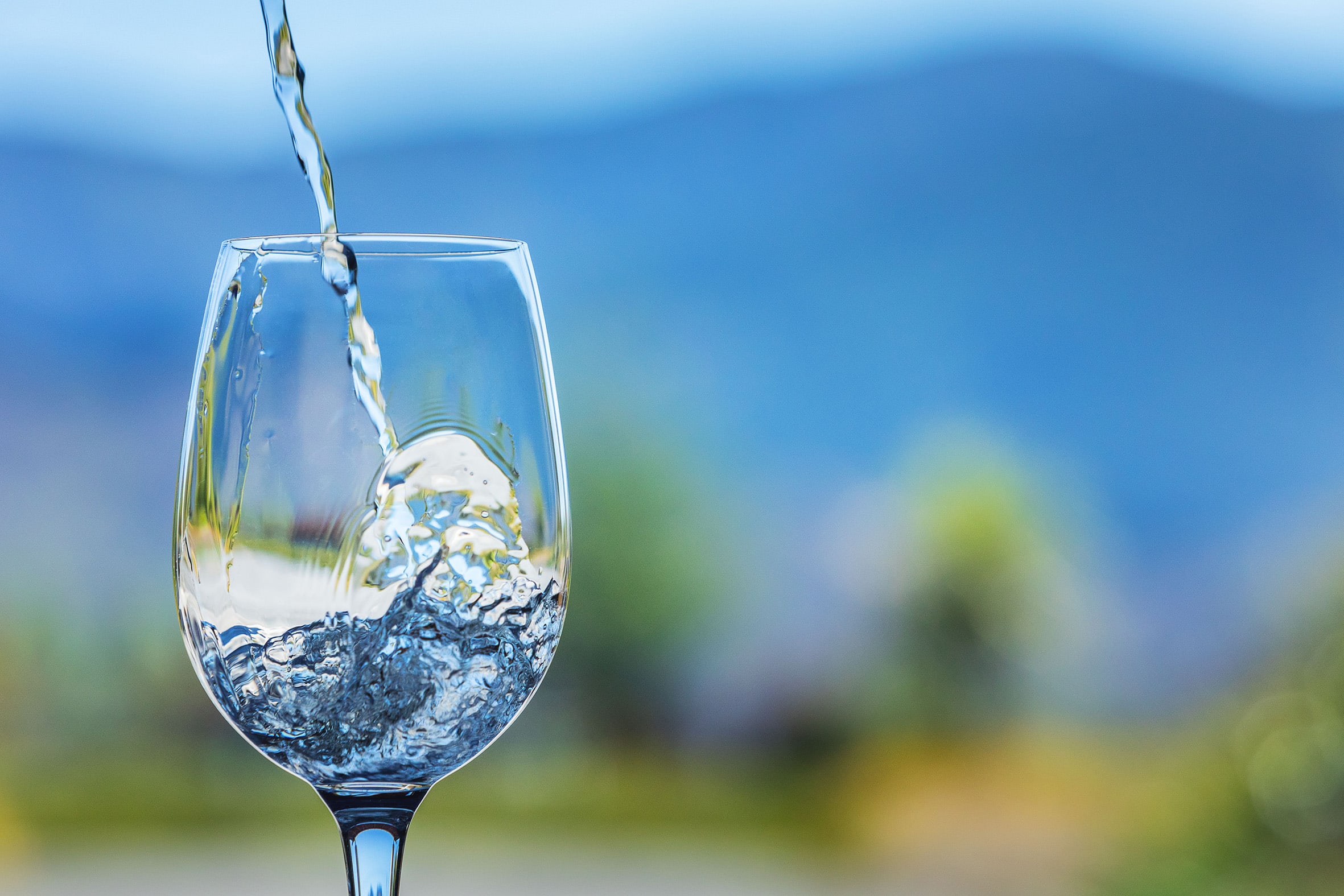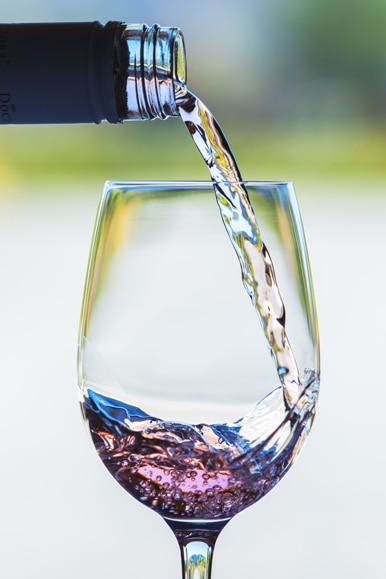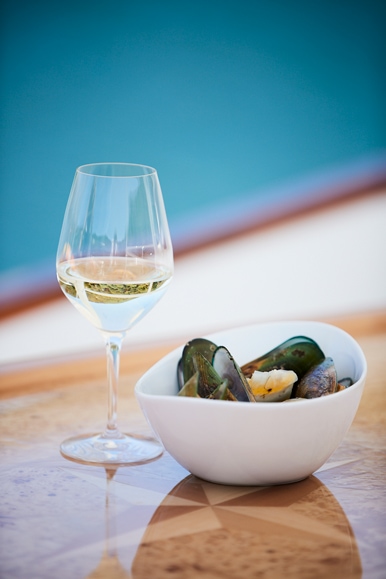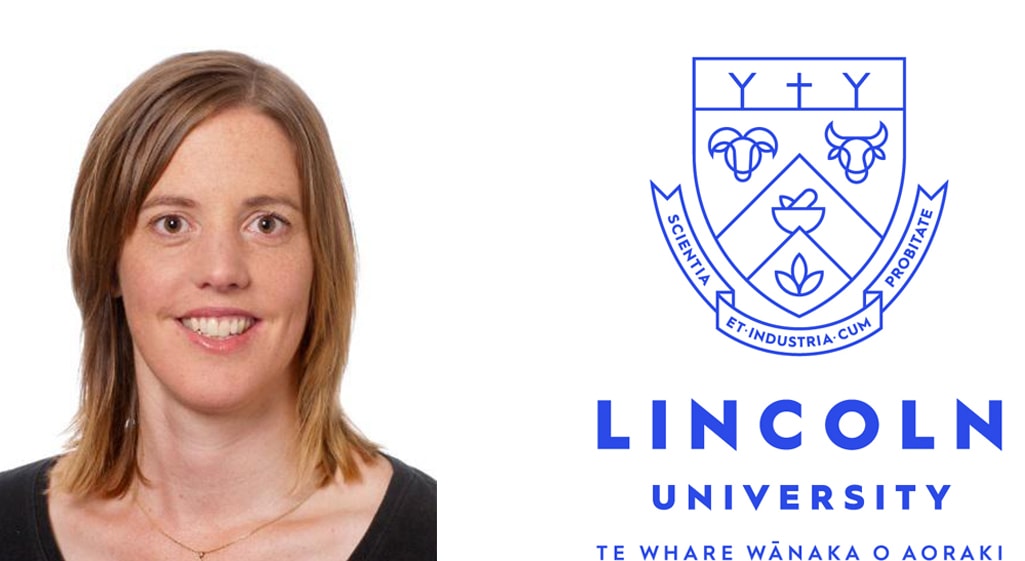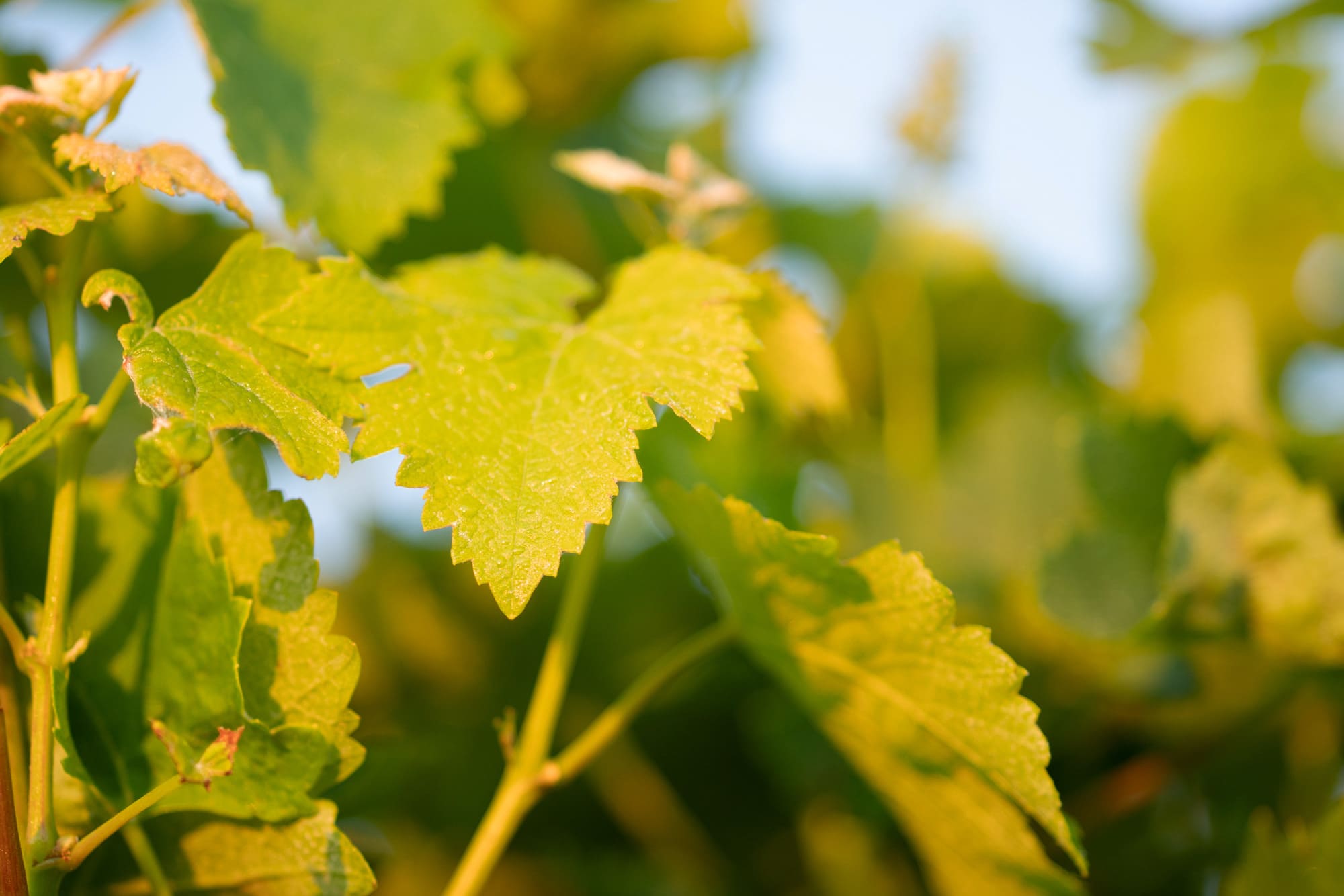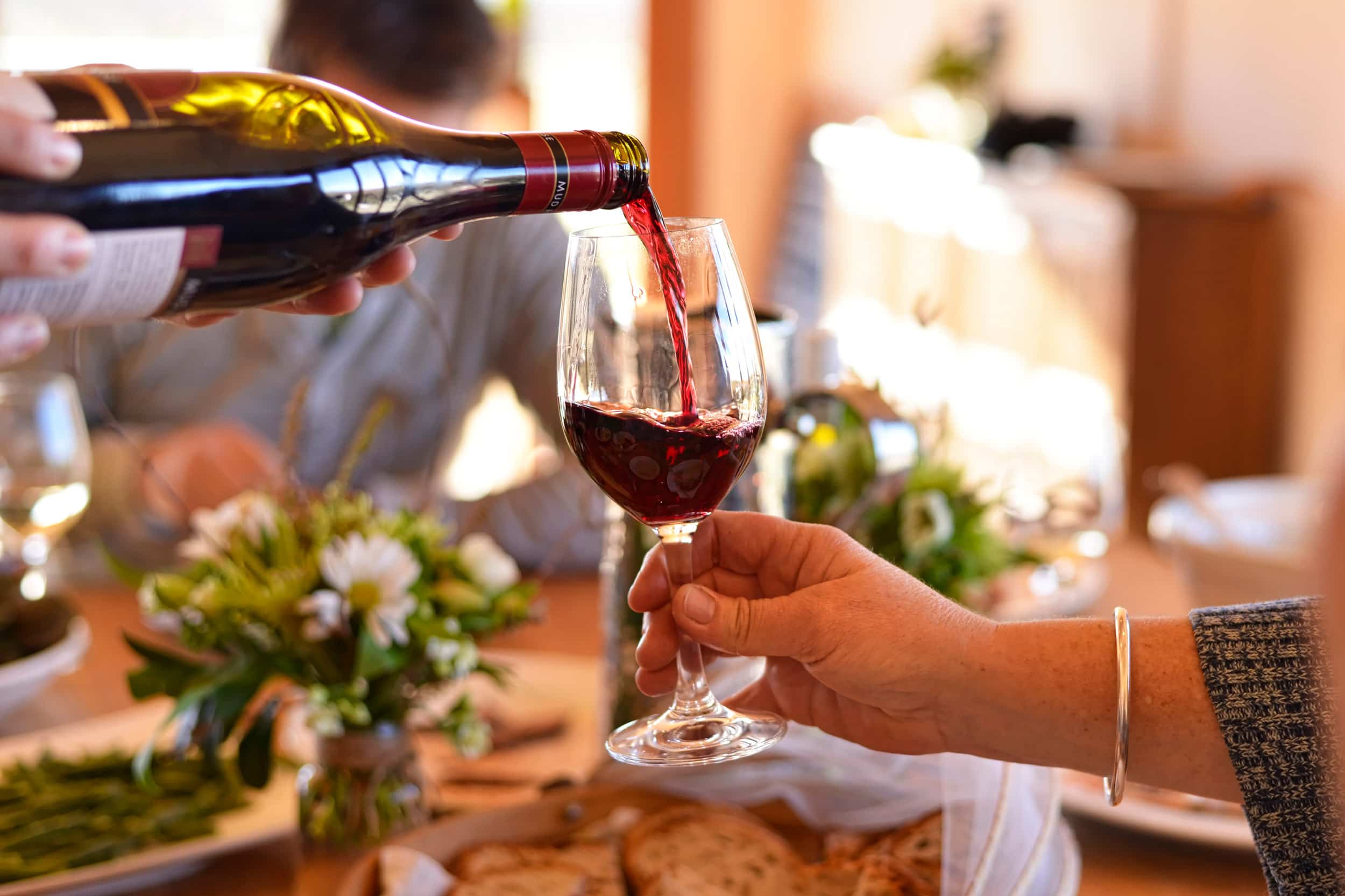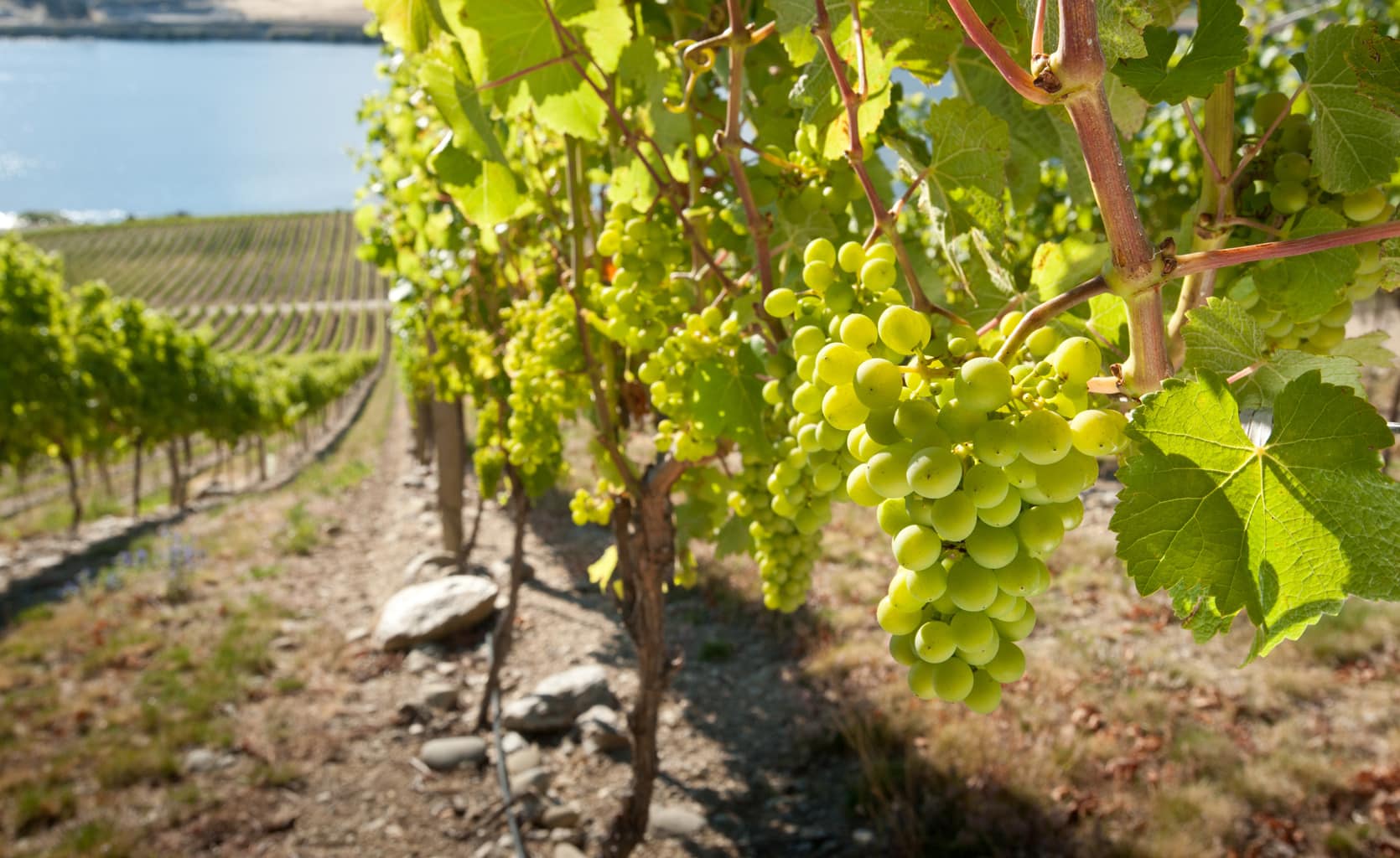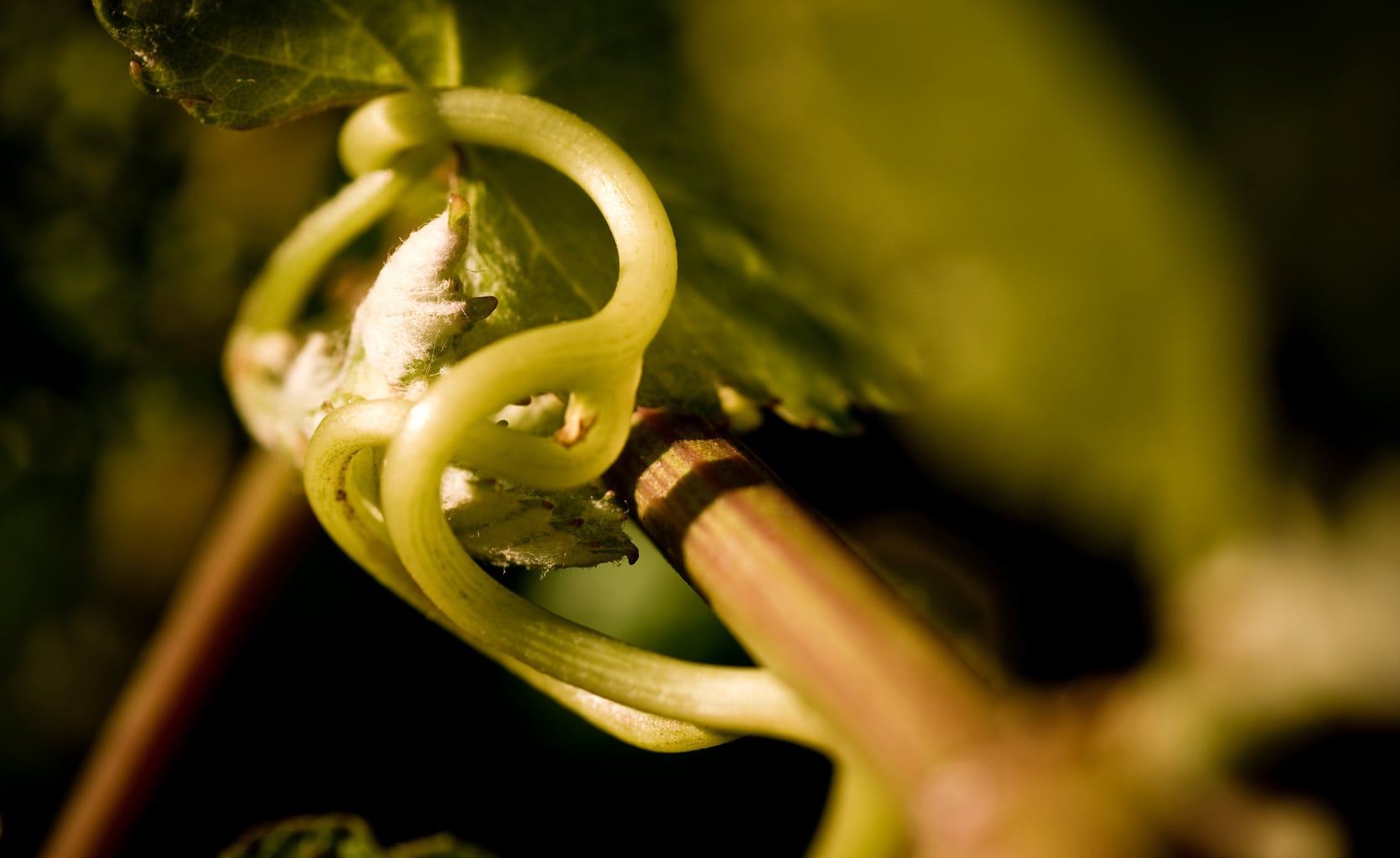Frequently Asked Questions:
BRI Winery Trials
What’s involved in designing a trial?
As a full-service provider of winery trials, there is no minimum involvement from our clients other than having an initial idea or a question.
Our team will take the time to understand the purpose for your research and co-design a trial with you to meet your needs and budget.
We’re experienced working with new clients and are happy to walk you through the whole process. We’re also able to advise on additional services and analysis that might benefit your research depending on what you’re hoping to find out.
What are the benefits of running a trial at BRI?
As a purpose-built research winery, our small size is our greatest strength. In your average commercial winery, it’s often difficult to conduct trials due to time and tank space constraints.
We’re able remove the risk of trialling new ideas on large volumes – use kilos instead of tonnes. There’s no need to sacrifice significant production quantities or yield.
Our facility has also been designed and set up to conduct micro vinifications at scale and under rigorous conditions to provide accurate data. As such we’re able to eliminate variables that may be difficult to control or minimise in-house.
We tailor every trial to every client’s individual needs, with our winemaking team conducting each trial as a unique and independent experiment.
And as experienced research winemakers – we’re on hand to interpret findings and analysis to help with the real-world application of results.
Do I need to source my own fruit or juice?
If you are a grower or a winery with access to fruit, then ideally you would source your own fruit. If you do not have a direct contact to source fruit, we can usually assist.
How much fruit is required to run a trial?
Red wine trial
- For each 17L fermenter, a minimum of 25kg whole cluster or 20kg destemmed/machine harvested.
- For each 200L tank, a minimum of 190kg whole cluster or 170kg destemmed/machine harvested.
Rosé or white wine trial
- For each 17L fermenter, a minimum of 30kg whole cluster or 25kg destemmed/machine harvested.
- For each 200L tank, a minimum of 300kg whole cluster or 270kg destemmed/machine harvested.
Do I need to supply my own consumables?
Only if your trial requires special or specific additives. We stock and can source variety of winemaking additives including a broad selection of yeasts and nutrients.
How do you process and press fruit?
Our receival area is equipped with a Pellenc Selectiv Process Winery S de-stemmer and a Pellenc Extractiv 2 Dynamic crusher.
If pre-crush sorting and separation is required, we also have a Diemme enologia sorting belt and vibrating table.
To press fruit, we use four small-scale Diemme Enologia Membrane Presses that operate the same software as large-scale presses found in many commercial wineries.
The performance of our presses has been optimised to deliver extraction rates comparable to industry standards.
We’re also able to receive grapes from all over New Zealand. Small parcel size requirements for trials run within our small tanks mean that logistics are simple to co-ordinate from the field to the fermenter, no matter where your vineyard is located.
How much wine does each trial yield?
Not every trial will have the same requirements and so the finished product (number of bottles) is dependent on what we receive and how much is lost to analysis along the way.
The maximum number of bottles our small ferments will yield is 20 (750ml) – Although if you don’t require that many, then we’re happy to save the excess packaging materials and freight costs.
If you’re conducting a trial within our V/C 200l tanks and want the lot as a finished product – then we can get around 250 bottles per tank.
What lab analysis is provided?
As part of our winemaking service, standard lab analysis is provided, and we are happy to assist with interpretation.
Juice composition includes: pH, TA, YAN, L-Malic acid, Density, Extract, NTU and °Brix
Wine composition includes pH, TA, L-Malic acid, Lactic acid, Glucose, Fructose, Glycerol, Volatile Acidity, Alcohol, Total and Free SO2
How are trial wines filtered?
When it comes to filtration, we do things a little differently to a commercial winery as the volumes we deal with are too small to use a standard crossflow.
After stabilising, our wines are filtered at bottling via pad filter down to 5.0 micron. From there we can step down as desired from 1.2, 0.6 and 0.45 micron using an inline cartridge filtration system connected to our bottling line.
Can I access my wine during the trial and take it when the trial is finished?
Yes, you are welcome to come in and check on trial wines by appointment. When the trial is complete, we typically dispatch all wines back to clients. We are SWNZ-accredited, but are exempt under WSMP, which means you cannot export your wine for commercial reasons. All outputs belong to our clients, including both intellectual and physical property. Wine leaving our premises is excise liable to the client.
How long does it take?
Like good wine – science takes time. We operate just like a normal winery with the bulk of our work commencing in late February to March, our trials begin to conclude with bottling, sensory analysis and report writing usually August to October.
If you have special requirements on turnaround – this can be discussed and incorporated into your trial.
Depending on your trial type, we may be able to use frozen juice. This means we’re able to conduct trials outside of the peak vintage period as well.
Do you only do trials on wine, or can I use your fermenters to trial other products?
We are keen to discuss thoughts around how our fermenters can be utilised outside of vintage. Please contact us with your ideas
How much does a trial cost?
Every trial we run is bespoke and therefore costs vary depending on what we’re investigating, and the subsequent requirements and inputs.
Talk to us about what you’re looking to find out and we can co-design a trial to get the best outcome for your budget.
We offer a variety of additional analytical services to meet trial needs. Contact us for a price list.
How do I book a trial or find out more about BRI’s services?
Simply send us a message about what you’re thinking of trialling, and we’ll be in touch.



